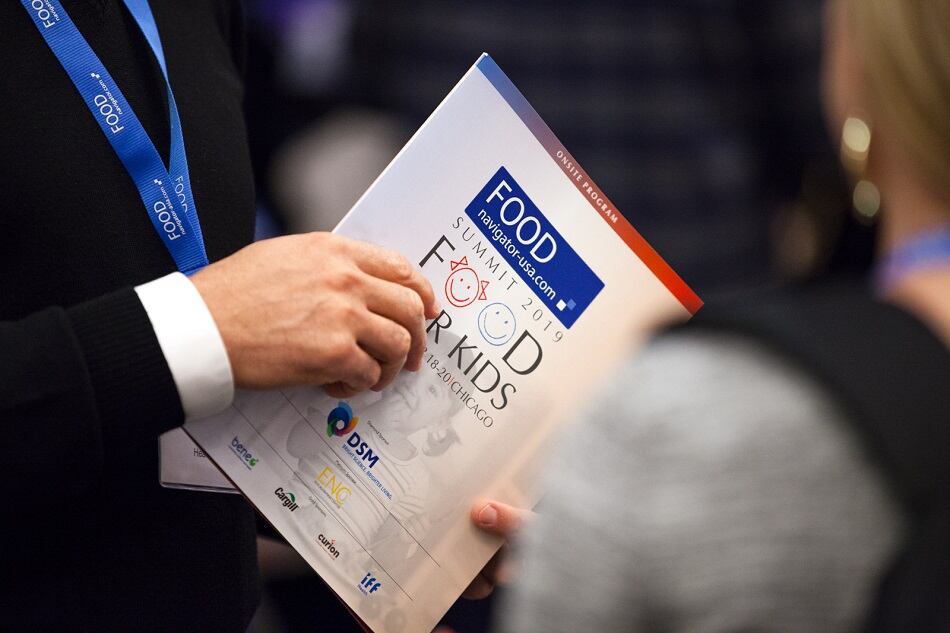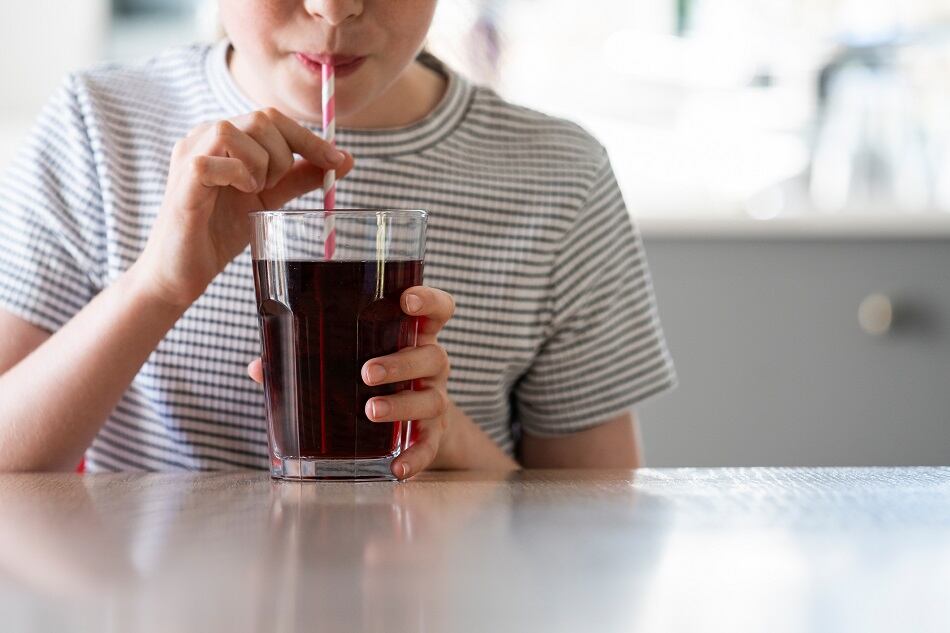In contrast, ad spending for all diet and unsweetened drinks combined, including plain water and 100% juice, totaled $573m, said the report, which found that preschoolers, children (6- to 9-years-old), and teens remain a primary target audience for beverage companies.
“Sugary drink consumption by children and teens remains a significant public health concern. More than one-half of youth consume at least one sugary drink on a given day. Sugary drinks contribute approximately one-half of added sugars in young people’s diets, with teens and young adults consuming more sugary drinks than other age groups,” the report stated.
Even with declines in TV watching between 2013 and 2018, preschoolers, children aged 6- to 11-years-old, and teens were still exposed to more TV advertising of sugary drinks, the report found.
From 2013 to 2018, average TV viewing times declined by 35% for preschoolers (2-5 years), by 42% for children (6-11 years), and by 52% for teens (12-17 years).
Still, preschoolers saw 26% more TV ads for sugary drinks in 2018 than in 2013, and children’s exposure increased by 8%. Regular soda/soda brand ads viewed increased for all age groups: by 78% for preschoolers, 55% for children, and 1% for teens (72, 69, and 87 ads viewed in 2018, respectively).
Targeted advertising to Black and Hispanic communities
"Our findings demonstrate that beverage companies continue to target their advertising to Black and Hispanic communities, which exacerbates ongoing health disparities affecting those communities" added Jennifer L. Harris, PhD, MBA, lead study author and senior research advisor at the Rudd Center.
In 2018, companies spent $84m to advertise regular soda, sports drinks, and energy drinks on Spanish-language TV, an increase of 8% versus 2013 and 80% versus 2010. Sports drink brands disproportionately advertised on Spanish-language TV, dedicating 21% of their TV advertising budgets to Spanish-language TV, compared to 10% on average for all sugary drinks.
The report also found that compared to white children and teens, black children saw 2.1 times as many sugary drink ads and black teens saw 2.3 times as many. Black youth exposure was particularly high for sports drinks, regular soda, and energy drinks.
Study design
For the 2018 study, a total of 48 brands (89 sub-brands) of sugary drinks and energy drinks from 24 different companies each spent at least $100,000 in total advertising in 2018. The median serving sizes of products advertised ranged from 12 ounces for regular soda, fruit drinks, and sports drinks, to 16 ounces for energy drinks, 16.9 ounces for iced tea, and 20 ounces for flavored water.
Researchers used Nielsen data to identify brands in the soda, sports drink, energy drink, iced tea, fruit drink, and flavored water categories that spent at least $100,000 in advertising and that contained added sugar.
Sugary advertising by category
The report found that more than half ($586m) of the total sugary drink advertising spending by companies promoted regular soda and soda brands, an increase of 41% over 2013.
Advertising spending increased across a variety of sugary drink categories between 2013 and 2018—sports drink advertising increased by 24%, totaling $159m in 2018, and advertising for sweetened iced tea almost tripled, from $38m in 2013 to $111m in 2018.
Advertising for energy drinks declined by 34%, but energy drinks still ranked third in total advertising spending ($115m) in 2018. Ad spending declined by 5% for fruit drinks and flavored water (combined), totaling $28m in 2018.
Recommendations to beverage companies
Researchers advised beverage companies to commit to discontinue targeted marketing of sugary drinks to communities of color and that the FDA should establish regulations to address unclear labeling practices, such as requiring disclosures of added sugars, low-calorie sweeteners, juice, and caffeine content on the front of product packages.
The report also recommended that states and local municipalities prohibit the sales of energy drinks and shots to children under the age of 18 and require these products are merchandised in low visibility locations within the store such as behind counters.
"Beverage companies have promised to take action to reduce the amount of beverage calories people consume, but at the same time they dramatically increased advertising for their full-calorie sugary drinks," said Fran Fleming-Milici, PhD, a co-author of the study and director of marketing initiatives at the Rudd Center.
"It's well past time for the industry to stop putting profits ahead of our kids' health and put their advertising dollars behind products that contribute to good health rather than undermine it."
Check out the highlights from FoodNavigator-USA’s FOOD FOR KIDS summit last year, and stay up to date on this year’s event which will be heading online!


